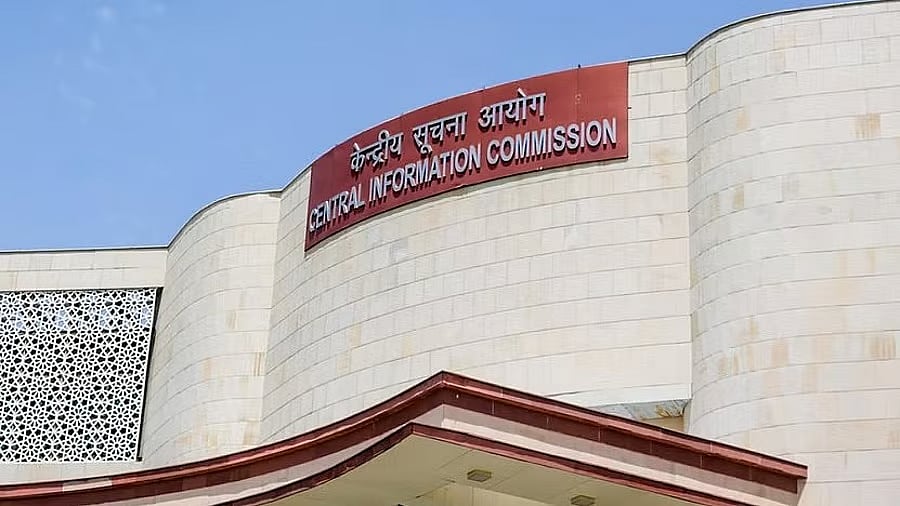
Representation image of Central Information Commission building.
Credit: iStock
New Delhi: The Central Information Commission (CIC) is headless for the seventh time in 11 years, as the government has yet to appoint a successor to Heeralal Samariya, who retired last Saturday. Transparency activists say the delay is leaving the RTI regime “crippled” and the Supreme Court’s directives ignored.
Samariya, appointed Chief Information Commissioner on November 6, 2023, retired upon reaching the age of 65.
Currently, the CIC is operating with just two commissioners, while nine positions remain vacant — including the Chief Information Commissioner and eight Information Commissioners. Around 26,000 appeals and complaints are pending with the commission.
Historically, five Chief Information Commissioners have assumed office the day after their predecessors retired, during the Manmohan Singh government. However, analysis shows that not a single successor was appointed in advance to prevent the watchdog from going headless.
For example, a successor to Rajiv Mathur, who retired in August 2014, was appointed almost ten months later, on June 10, 2015, when Vijai Sharma took over. Sharma’s successor, R K Mathur, assumed office only on January 4, 2016, after Sharma retired in December 2014.
Similarly, Sudhir Bhargava was appointed around 40 days after Mathur, while Bimal Jhulka, Y K Sinha, and Samariya were each appointed roughly a month after their predecessors stepped down.
Transparency activists Anjali Bhardwaj and Amrita Johri pointed out that the government failed to act despite knowing the exact dates when the positions would fall vacant.
This failure is also in direct violation of the Supreme Court’s 2019 judgment, which laid down clear directions to ensure vacancies are filled in a timely and transparent manner, they said. Both activists are associated with the National Campaign for People’s Right to Information and Satark Nagrik Sangathan.
“By not appointing information commissioners promptly, the government is crippling and effectively killing people’s fundamental right to information,” they said. “Vacancies lead to a large backlog of appeals and complaints, forcing information seekers to wait over a year for cases to be heard. This renders the information meaningless — information delayed is information denied.”
Transparency activist Commodore Lokesh Batra (retd) added that unlike courts, where acting chief justices are routinely appointed, the RTI Act, 2005 has no provision for an acting Chief Information Commissioner. “This means several key administrative and financial decisions remain in limbo until a new incumbent takes charge,” he said.
The union government issued an advertisement in August 2024, inviting applications for the vacant Information Commissioner posts, but no appointments have been made. In January this year, the government filed an affidavit in the Supreme Court promising the selection process would be completed by April 2025.
In May, the government also invited applications for the post of Chief Information Commissioner, with the last date to apply being June 30. However, no further developments have been announced.
